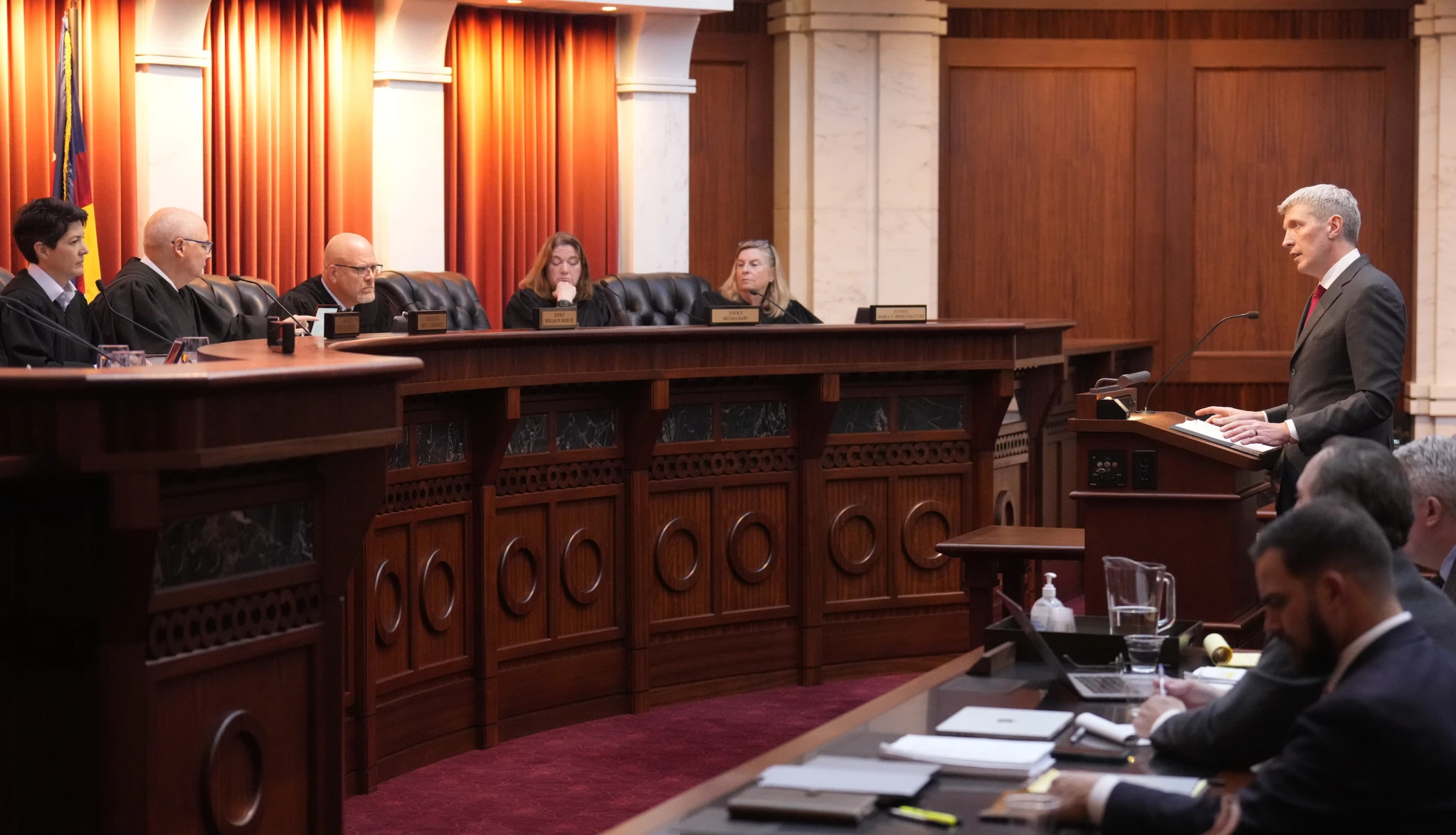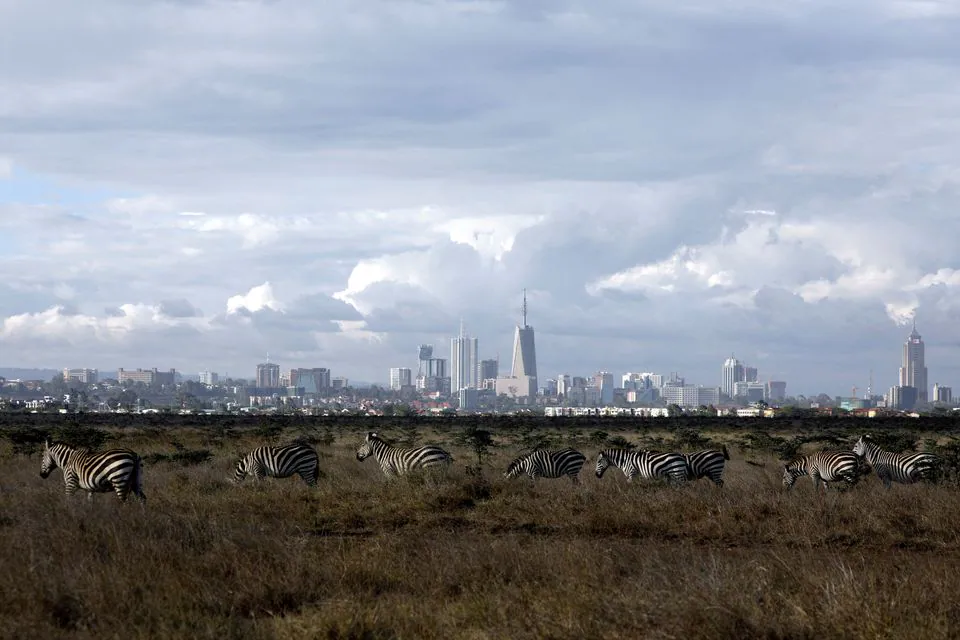
Uganda’s politically burdened judiciary is a slave of the executive and incapable of serving justice
After my article Why the Parliament of Uganda Cannot be Meaningful and Effective, I am hard put to write another Why the Judiciary of Uganda Cannot be Meaningful and Effective. The words Meaningful and Effective are used here to mean exhibiting relevance to Ugandans and manifesting as constitutionally tasked.
According to www.judiciary.go.ug, the mission of the Judiciary of the Republic of Uganda is, “To be an independent, trusted and accountable Judiciary that administers justice for All through solving conflicts between individuals and between individuals and the State, and to interpret the Constitution and the laws of Uganda.”
The mandate of the Judiciary is enshrined in Article 126 (1) of the Uganda Constitution 1995 that Judicial power is derived from the people and shall be exercised by the courts established under the Constitution in the name of the people in conformity with the law and with the values, norms and aspirations of the people and country.
It is, however, necessary to observe right away that, although the Uganda Constitution 1995 guarantees independence of the Judiciary, in reality there has been no political will to ensure that this independence is not violated. Indeed political interference in judicial processes has been the rule rather than the exception. By the Constitution assigning the power of appointment and approval to the president of Uganda, it created a straight avenue for the Executive to interfere in the workings of the judiciary.
That indeed the president of Uganda would want to place the Judiciary under his armpit was clear when in the 1990s he announced that he would appoint NRM Party cadre judges, ostensibly to combat corruption in the Judiciary itself and the country. Very early in his rule, the president showed that Uganda was more or less his personal property. He proceeded to appoint cadre judges. These included Bart Katureebe, Steven Kavuma, Augustine Nshiimye and Jotham Tumwesigye and Faith Mwondha. Bart Katureebe went on to be named Chief Justice of Uganda and Steven Kavuma was named Deputy Chief Justice. There must be a heavy burden of cadre magistrates at the lower levels of the Judiciary. Some magistrates have attracted criticism about the unprofessional way they administer justice.
Retired Justice George Kanyeihamba and Law don Mayambala, cited by The Independent of November 21, 2016, were convinced that President Tibuhaburwa Museveni wanted to have full control over the Judiciary through his NRM cadre judges. Kanyeihamba said some of the judges were corrupt and that when he was tasked to investigate corruption in the Judiciary, two of the most corrupt judges were promoted to the Supreme Court and Court of Appeal even before his report was out. They were NRM cadre judges. Justices Remmy Kasule and Egonda Ntende, who are not NRM cadre judges, are said to have passed interviews by the judicial commission for top positions on the two top courts, but their names were deleted from the list of promotions, according to the Daily Monitor of April 29, 2016.
It is unlikely that a Judiciary that the president wants to be under his armpit with trusted NRM cadre judges can be instrumental in fighting corruption.
The impregnation of the Judiciary with NRM cadre judges is responsible for erosion of independence, integrity, quality and performance of the arm of government. It is also pivotal in the rise of corruption in the judiciary. Indeed Retired Justice Tsekooko (2016), cited by Daily Monitor and respected law scholar Fredrick Ssempebwa (2017), cited by The Observer, were convinced that the determination of the president to impregnate the judiciary with NRM party cadres was harming the judiciary.
Retired Justice Tsekooko asserted that some judges consult politicians before they make judgements, which is destroying the image of the court system. The cadre judges make decisions according to political allegiance, not evidence available.
Prof Ssempebwa was unequivocal when he said, “With cadre judges you are unlikely to have justice”. It is also true that non-cadre judges would operate under fear of being reported by their colleagues to the appointing authority. It is not a secret that former Deputy Justice Steven Kavuma and the current Chief Justice Alfonse Winy-Dollo were among the seven people who registered the NRM as a political party when President Tibuhaburwa Museveni opened political space for political pluralism following a referendum he organised for the purpose in 2005.
The question is: Which justice do NRM cadre judges pursue if they put their membership of NRM ahead of politically unencumbered justice? It cannot be short of the justice desired by the president of Uganda, their appointing authority. Such NRM cadre judges have committed political adversaries of NRM to the military tribunal, even if they had no genuine cases against them. Others have committed politically enthusiastic young men and women to long prison terms. Yet others have either denied such Ugandans bail or imposed huge cash bail on some politicians. Still others have made some political adversaries of NRM move between their prison cells and the courts for months or years without justice as if the aim is to subdue them to the powers that be.
So we can ask again: Can the judiciary in Uganda be meaningful and effective? The answer is no. Not when the phenomenon of cadre judges is eating up the body politic of the judiciary, reorienting it to serve purely political purposes. Political justice is not justice. It is torture. Meaningful and effective justice is that which is dispensed according to the powers conferred to the judiciary by the Constitution. Anything short of that is abuse of justice. NRM cadreism in our judiciary is pollution of justice with NRM political corruption of Court processes.
There is need to rethink the strategy of political cadreism in the judiciary to rediscover the public trust and confidence in our Court system. What we need to see is a justice system of which citizens are proud as was the case in the past. We would wish to see a court system where Ugandans go to seek justice saying, “There is justice there and we know we shall get it”, not “There is no justice there, and we know we shall never get it”.
Justice is life. Many are succumbing to death because our courts are corrupted by politics and bribery. It is those with money and politically oriented towards NRM getting favoured, and it is those without money getting injustice.
I would like this article to be adequately discussed across all political and academic orientations and even across all social strata. Justice for All is now a matter of life and death, especially now when people politically oriented to the ruling class are grabbing the land of indigenous communities, displacing them and converting them into internal refugees. A politically burdened judiciary cannot ensure justice for the victims of land grabbing.
For God and My Country.











